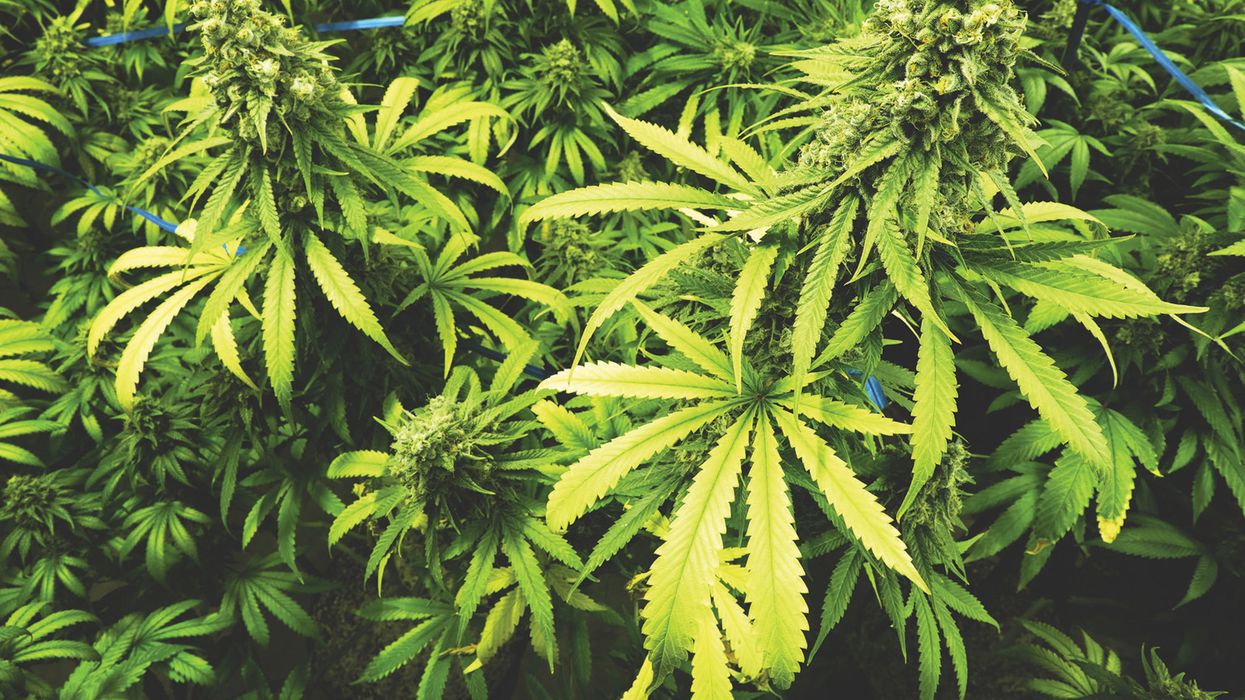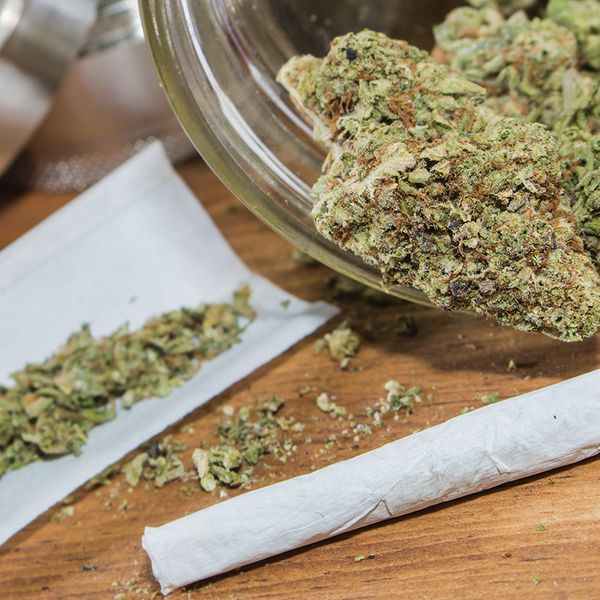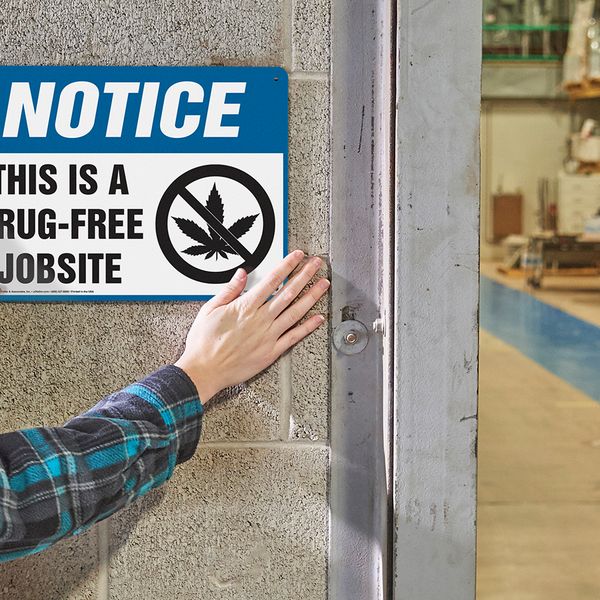Marijuana takes the spotlight on April 20
In marijuana slang, 420 refers to an occasion for using cannabis and the 20th day of the fourth month of the year has become an informal day of festivity. Because of this, workers might be thinking about marijuana on April 20, and it’s not a bad idea for employers to reflect on it as well.
If you’re skeptical that April 20 is an unofficial marijuana holiday, consider that hotel room prices in Denver jump on that day and a Mile High 420 Festival is planned in its Civic Center Park.
For reasons of safety, productivity, and some state and federal laws, employers won’t want to encourage employees to celebrate by using the day’s namesake product. But it’s also the perfect time to make workers aware of your drug and alcohol policy.
Let workers know where you stand on marijuana
Marijuana might not be something regularly discussed with employees, but the drug is used by almost a quarter of adults, according to the National Survey on Drug Use and Health from the Substance Abuse and Mental Health Services Administration (SAMHSA).
This use can have an impact at work, as state legalization of the drug has been tied to an increase in workplace injuries.
Take advantage of the spotlight April 20 puts on marijuana to make sure workers are familiar with your drug and alcohol policy and potential consequences for marijuana use. Marijuana is legal for recreational use in 24 states and cannabidiol (CBD) products are sold nationwide. Workers may not realize that using these products could have repercussions for their career and workplace safety.
You can use articles on your company intranet or an email to workers to bring attention to your policy as well as safety concerns associated with marijuana use.
Addressing marijuana use in your policy
The details of your workplace drug and alcohol policy will depend on federal and state laws, employee job duties, and company culture. In all states employers can:
- Prohibit the use of marijuana in the workplace,
- Prohibit employees from being impaired at work because of marijuana, and
- Prohibit marijuana use on company time, in company vehicles, and on company property.
Some states have testing restrictions for marijuana, including California, New York, and New Jersey. Make sure your workplace policy reflects the laws in the state where the employee is working.
Employers with workers covered by federal drug and alcohol testing regulations, such as those from the Department of Transportation, need to have a specific policy that meets regulatory requirements. Covered employees are not allowed to use marijuana and face consequences if they test positive.
Paying attention to CBD
Your policy can also address the use of CBD. While pure CBD will not cause impairment or bring a positive drug test, CBD products may be contaminated with THC and could bring a positive result on a drug test or impairment.
A workplace drug and alcohol policy can:
- Not accept use of a CBD product as an excuse of a positive drug test for THC in states where marijuana has not been legalized,
- Ban CBD products in the workplace,
- Prohibit employees from being impaired at work because of use of a CBD product,
- Prohibit CBD use on company time, in company vehicles, and on company property, and
- Treat CBD products being taken for medical reasons the same way prescription medications are treated.
Career consequences for marijuana use
Your policy should also address the consequences of marijuana use or a positive test for the drug. This will vary, depending on the state and federal laws your company needs to follow. For example:
- A state law might require an employee to be offered rehabilitation the first time a test is positive.
- A state law might allow consequences up to and including termination for a positive marijuana test.
- A state law might not allow employers to test for marijuana, or have any consequences for a positive test.
- A truck driver covered by federal drug and alcohol regulations needs to be immediately removed from safety-sensitive job duties if a test is positive.
Make sure your policy adheres to applicable state and federal regulations. If you operate in more than one state, state addendums can address the specific consequences that are allowed.
In states where marijuana testing is not allowed, employers can still take action based on impairment due to the drug’s use. In addition, unsafe actions or impaired work performance can be addressed on their own merits.
Emphasize safety
In addition to bringing up your drug and alcohol policy, make sure workers understand how impairment from marijuana or another drug could impact the health and safety of themselves and those around them.
Marijuana use can cause:
- Slower reaction time
- Decreased coordination
- Difficulty with problem-solving
- Impaired memory
- An anxiety attack
- Lane weaving and difficulty in reacting to signals and sounds while driving
Workers should understand the risks associated with marijuana use and how its use will affect their ability to do their job safely and effectively.
Key to remember: Workers might be celebrating on April 20 in a way that could have workplace consequences. Make sure they know what will happen if they show up for work impaired or test positive for marijuana.

















































